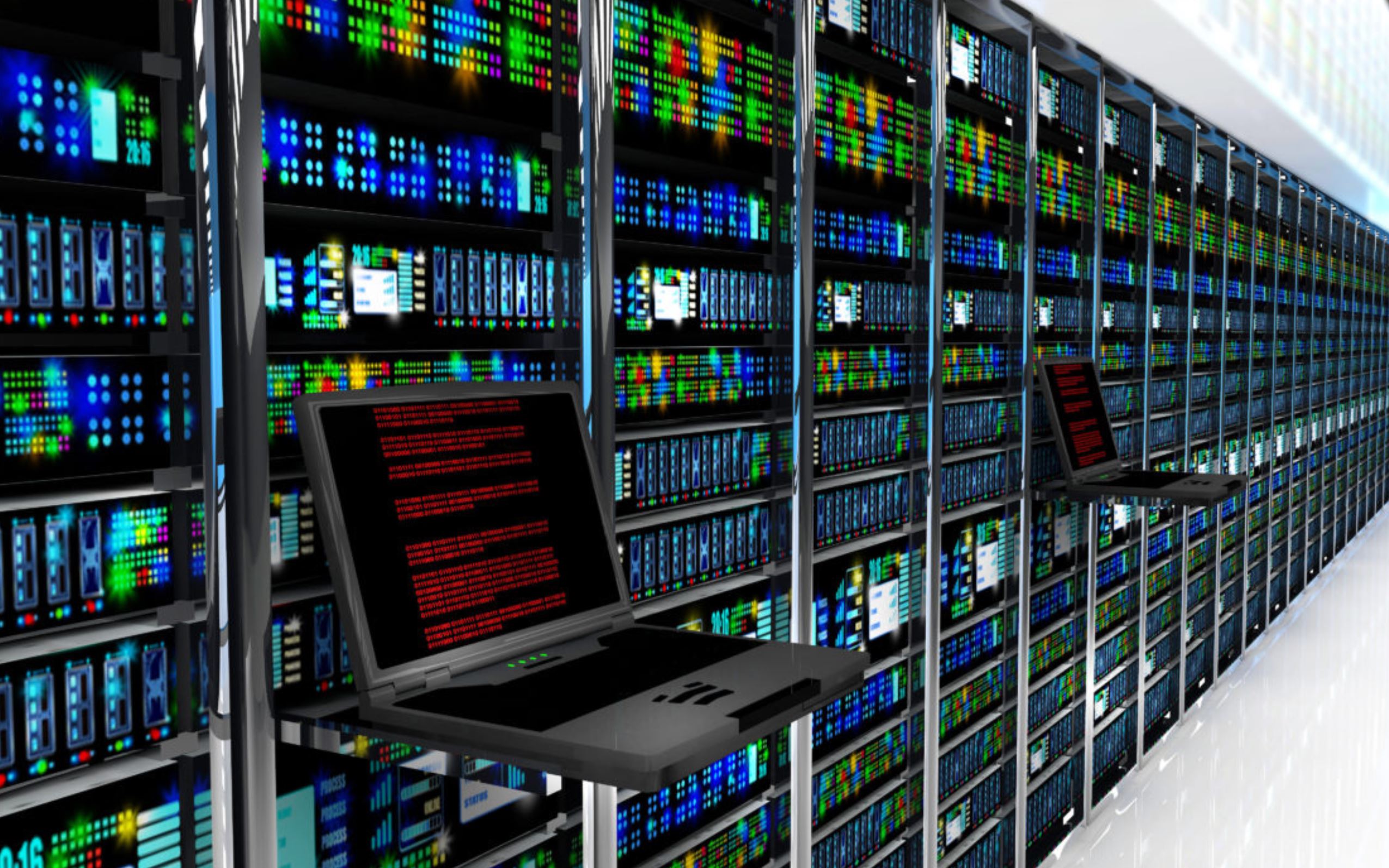The world of rapidly changing technology is forever impacting on the way we live out both our day to day lives, and how we work.
Not only is it changing the way we work ourselves, but the way businesses work as a whole. With the ever-changing world of tech, the tech itself has to adapt to ensure it can keep up with the demands of those using it. This is spearheaded by huge companies like Windows, Apple, Google and other companies like RS Components to ensure everything is running as smoothly as possible, at all times.
One area that’s forever doing this is the world of data. There’s been lots of talk recently about cloud services when it comes to data, with many people saying this is the way the data world is heading. However, there’s an equal number of people that believe the cloud won’t be able to cope with the demands put on it in the coming years.
So, what does the future hold for data? Read on to find out more.
Packing it In
With hard disks and solid-state drives continuing to improve, this could be one way. However, there is the issue of capacity, with the size being quite small, limiting the number of memory chips that can fit within. But, manufacturers are getting creative, and one way is to increase data density for stuffing in more bytes into the surface area. This happened back in 2005 with perpendicular magnetic recording, so why couldn’t it happen again?
NAND
While most of the innovation revolves around fitting the data into the same-sized box. One way to go beyond this is flash storage, and in particular, NAND flash. One of the big advantages of flash is its flexibility, as it can be all shapes and sizes, unlike hard disks. This means that’ll it’ll be much easier to fit in more data storage within a PC or laptop than just adapting the size of the hard disk.
SSDs
There have been signs that SSDs could end up overtaking hard disks in terms of the amount of data that can be stored in one box. Although they once held less storage but had an increased performance when compared with hard disks, this has since changed. This is thanks to Micron which now produce an 11TB SSD, and as they still have better performance, they could be the way to go. However, they are more expensive than the traditional hard disk.

